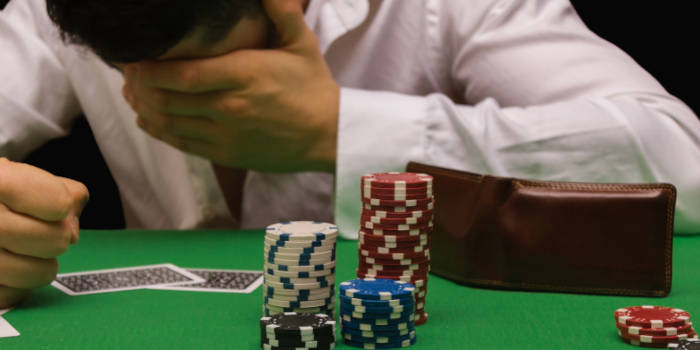
The Indian gaming industry grows by an estimated 30% a year. Yet, the country is rife with illegal gambling, ineffective regulations, and a growing number of people suffering from addiction. The government’s inability to reign in offenders and impose a measure of control over the regulated market is quickly becoming a serious societal issue that has pushed dozens of people to suicide in recent years.
Current Regulations Are Largely Ineffective
Indian law strictly forbids all forms of chance-based gambling. However, skill-based games like rummy and fantasy sports are all on the table, despite featuring significant randomness. This distinction essentially gives gambling operators in the country free reign as long as they offer products which at least marginally fall into the allowed category.
Many offshore companies completely ignore Indian law and openly market their online services to Indian citizens. Illegal gambling is booming, with ads even running on official TV channels. Despite the government’s efforts to impose a semblance of order, India’s decentralized nature makes efficient nationwide enforcement efforts nearly impossible. Players regularly bet with operators like 1xBet, Betway, Fairplay, Parimatch, and Wolf 777 without any protections or responsible gaming guarantees.
The authorities have so far taken little action against illegal gambling. A high-profile case in June saw nine people sentenced for organizing an illegal gambling operation in a hotel room. While the case was a small step in the right direction, the lack of meaningful measures against serious offenders means that the situation can only deteriorate unless the government puts its act together.
Problem gambling is a growing issue in Indian society, with more tragic stories making their way into mainstream media. Suicides are on the rise as dozens of people take their lives each year due to gambling. Many of the victims racked up considerable debts wagering both legally and with unlicensed operators.
The pandemic had an especially devastating effect, pushing desperate and unemployed people to wager their savings, often resulting in devastating losses. A shocking example is a mother of two who spent $550,000 playing online, borrowing money from relatives, and selling personal items to feed her addiction. Unable to keep up with the pressure, she committed suicide.
Progress Remains Slow and Unfocused
Stories of gambling-related harm continue to surface. Although individual Indian states have taken measures to implement updated regulations, a nationwide effort currently seems infeasible. Responsible Netism, a Mumbai-based nonprofit, has stepped in to protect children from gambling harm, setting up counseling sessions and anti-addiction programs.
In an interview for Deutsche Welle, co-founder Unmesh Joshi noted that official progress was glacial, and it was up to organizations like Responsible Netism to help society. He added that an outright ban was not sustainable and that only effective regulation would provide a long-term solution.
“There is an urgent need to establish regulations for online gaming…Providing social support to the addicts and imparting tech-related education to children is the need of the hour.”
Unmesh Joshi, Responsible Netism co-founder
India currently represents everything that can go wrong when a country neglects to regulate its gambling industry. Players have no protections against dishonest practices, and even legal operators have little regard for responsible gaming. Offshore companies profit immensely without any oversight while contributing zero tax revenue. While local governments are making some progress, the lack of swift reforms means that Indian society will likely continue to suffer the consequences.